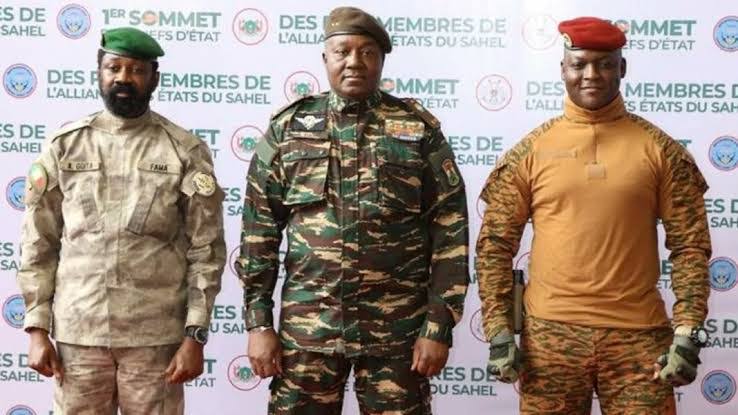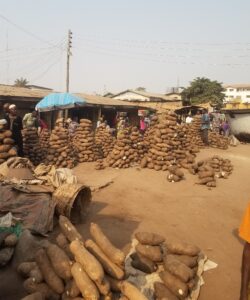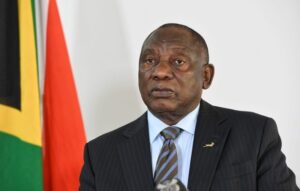The three nations, now members of the Alliance of Sahel States (AES), have implemented a 0.5% import tax on goods imported from ECOWAS countries.
Joel Ahofodji, the Head of Communication for the ECOWAS Commission, confirmed the upcoming meeting, stating that all relevant issues, including potential responses, will be addressed.
He informed the press, “ECOWAS will convene an Extraordinary Council on April 22. All these matters will be on the agenda.”
The AES, established by the military governments of Mali, Niger, and Burkina Faso, began enforcing the new import tax on March 28.
This levy exempts humanitarian aid but applies to all other goods entering the three nations.
This decision has sparked concerns as it contradicts ECOWAS’s objective of promoting free trade within the region.
Despite Mali, Niger, and Burkina Faso’s departure from ECOWAS in January 2025, the regional organization has stated it will continue to treat their goods and services under the ECOWAS Trade Liberalisation Scheme, which permits duty-free movement.
The introduction of this tax could disrupt trade, increase costs, and undermine the regional free trade agreement. Tensions between ECOWAS and the three nations have escalated since early 2024, following their exit from the bloc.
See more: Uganda’s Museveni arrives in South Sudan amid political crisis
The AES countries have accused ECOWAS of not providing adequate support in combating terrorism and have criticized sanctions that adversely affected their populations. Although ECOWAS later lifted these sanctions, the three nations chose not to rejoin.
ECOWAS has expressed its willingness to engage in discussions should the AES countries decide to return. The bloc has also implemented measures to mitigate the effects of the separation, including duty-free trade, visa-free movement, and residency for citizens.
In a related development, Niger has withdrawn from the Multinational Joint Task Force, a regional military coalition that has been combating Islamist insurgents in the Lake Chad area since 2015, which includes troops from Nigeria, Chad, and Cameroon.







